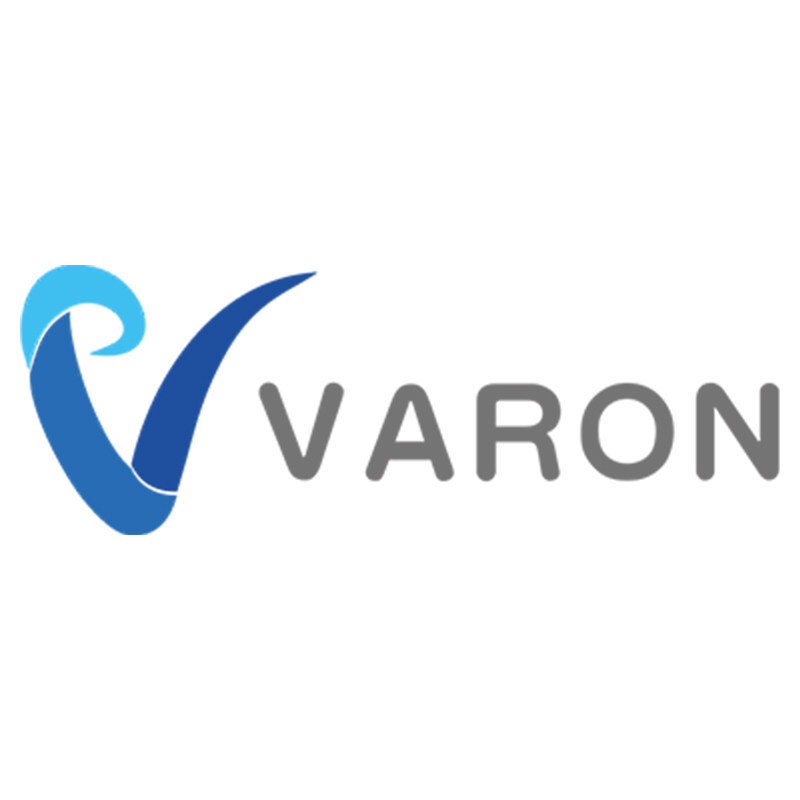The adoption of artificial intelligence (AI) in healthcare and biopharma is reshaping the landscape of the life sciences industry, presenting both opportunities and challenges for insurance underwriters. As precision medicine evolves, companies are leveraging AI to enhance patient outcomes, streamline clinical trials, and improve therapeutic effectiveness. This transformation is prompting a reevaluation of risk management strategies within the insurance sector.
Jim Craig, Senior Vice President of Underwriting at Munich Re Specialty – North America, has been a pivotal figure in life science liability underwriting for over 25 years. He recently launched the company’s life science liability division, emphasizing the need for insurers to adapt their strategies in light of AI advancements. “Data is becoming an increasingly rich resource,” Craig stated, highlighting how the accessibility of detailed information enhances risk selection and enables tailored insurance solutions for complex challenges.
As AI applications proliferate, particularly in research and development, they promise to expedite clinical trials significantly. By analyzing Electronic Medical Records (EMR), AI can refine the recruitment process for test subjects, helping companies identify patient populations that align closely with their therapeutic goals. This capability addresses a common hurdle faced by drug developers: the struggle to meet recruitment targets during trials. Traditionally, many companies underestimate the number of participants needed, resulting in over-insurance or prolonged timelines. Craig believes AI will mitigate these issues, enabling more efficient participant identification.
The potential of AI extends beyond recruitment. AI algorithms can sift through extensive scientific data to identify promising anti-cancer compounds, predicting their efficacy for new drugs. Furthermore, these algorithms demonstrate diagnostic accuracy in analyzing medical images that rivals expert radiologists. Craig noted that the integration of AI in these processes not only enhances diagnostic precision but also opens new avenues for therapeutic development.
With the shifting health tech landscape, Craig provided insights on securing appropriate insurance coverage. Product liability coverage is essential for protecting against bodily injury or property damage during clinical trials or market sales. In addition, companies must consider cyber liability insurance to safeguard against cybersecurity incidents. “Errors and omissions liability would come into play when an organization conducts work for others, and their negligence could result in financial loss for their customers,” Craig explained.
For complex products, such as medical devices that involve direct guidance to practitioners, medical malpractice liability coverage becomes crucial. In this context, Munich Re’s product, aiSure™, addresses the risks associated with AI model errors, including hallucinations from generative AI that can lead to revenue loss. This product also covers business interruptions and legal challenges arising from AI-related errors.
Craig underscored the importance of adequate terms and conditions within insurance contracts, especially as AI clients face regulatory scrutiny. The life sciences sector is rapidly evolving, and Munich Re Specialty is positioned to support small to medium-sized enterprises in navigating these changes. By maintaining a dedicated life science liability underwriting unit, the company aims to foster long-term growth and stability, setting itself apart from competitors.
Collaboration within the larger healthcare unit enhances Munich Re’s ability to craft comprehensive policies. “Having that collaboration right under the same umbrella is great,” Craig noted. By handling claims internally, the company maintains a deeper understanding of its portfolio, allowing for more informed decision-making.
The rise of AI in life sciences presents multiple opportunities for innovation and improved patient outcomes. However, effectively managing associated risks and obtaining the right insurance coverage is critical for organizations venturing into this domain. With decades of expertise and a robust financial foundation, Munich Re Specialty is prepared to support the evolving needs of life science companies in a rapidly changing environment.







